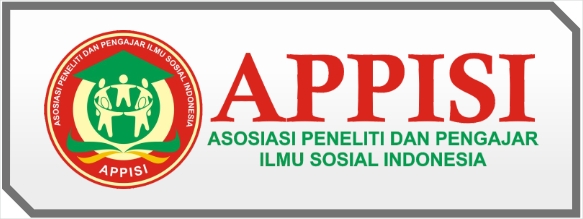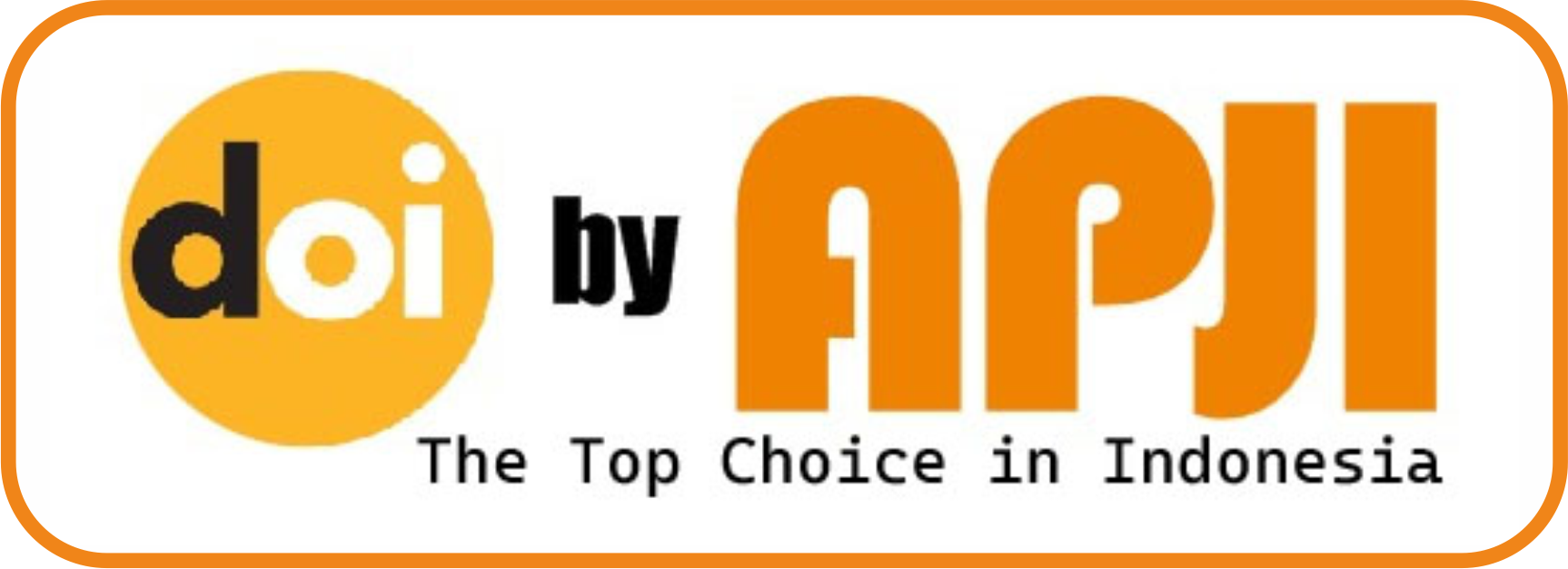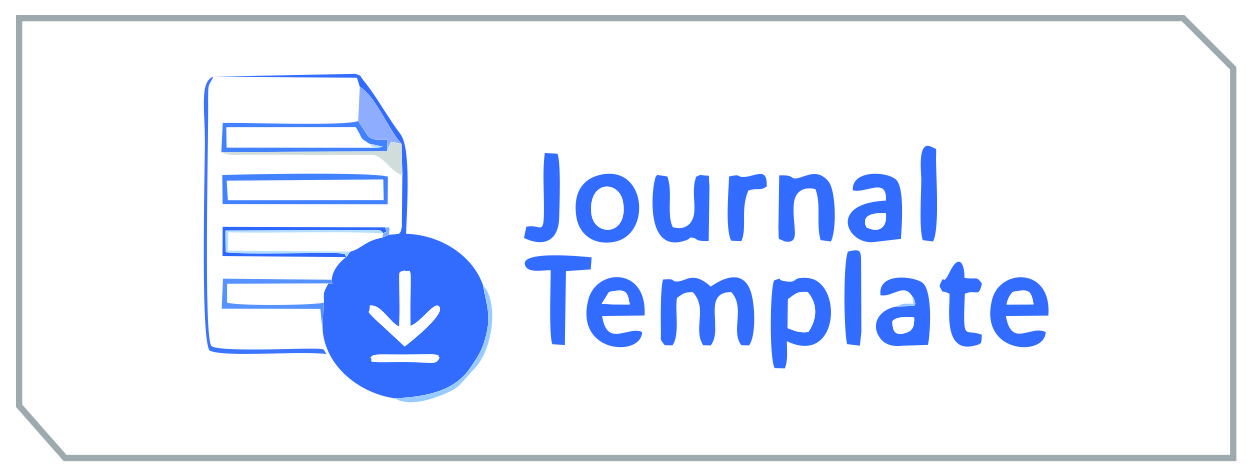Development of a Game-Based Learning Model to Improve Mathematical Problem-Solving Abilities in Class XI students at Pratidina Vocational School Makassar
DOI:
https://doi.org/10.55606/ijel.v2i1.94Keywords:
Learning Model Development, Improving Abilities, Mathematical Problem SolvingAbstract
This research focuses on developing a game-based learning model to improve students' mathematical problem-solving abilities of class XI students at SMK Pratidina Makassar. This model was designed to make the learning process more interesting and interactive while increasing students' understanding of mathematical concepts. Through a game approach, students are invited to think critically and analytically in solving mathematical problems, so that their problem-solving abilities can develop. The research results show that this game-based learning model is effective in improving students' mathematical problem-solving abilities. Apart from that, this model also succeeds in creating a more enjoyable learning atmosphere and students' learning motivation is higher. Therefore, this research recommends implementing a game-based learning model in teaching mathematics.
References
Aunio, P., & Niemivirta, M. (2010). Predicting children's mathematical performance in grade one by early numeracy. Learning and Individual Differences, 20(5), 427-435.
Gee, J.P. (2003). What video games have to teach us about learning and literacy. Computers in Entertainment (CIE), 1(1), 20-20.
Johnson, D. W., & Johnson, R. T. (1999). Learning together and alone: Cooperative, competitive, and individualistic learning. Allyn & Bacon.
Kebritchi, M., Hirumi, A., & Bai, H. (2010). The effects of modern mathematics computer games on mathematics achievement and class motivation. Computers & Education, 55(2), 427-443.
Prensky, M. (2003). Digital game-based learning. Computers in Entertainment (CIE), 1(1), 21-21.
Squire, K. (2006). From content to context: Videogames as designed experiences. Educational researcher, 35(8), 19-29.
Downloads
Published
How to Cite
Issue
Section
License
Copyright (c) 2023 International Journal of Education and Literature

This work is licensed under a Creative Commons Attribution-ShareAlike 4.0 International License.



















